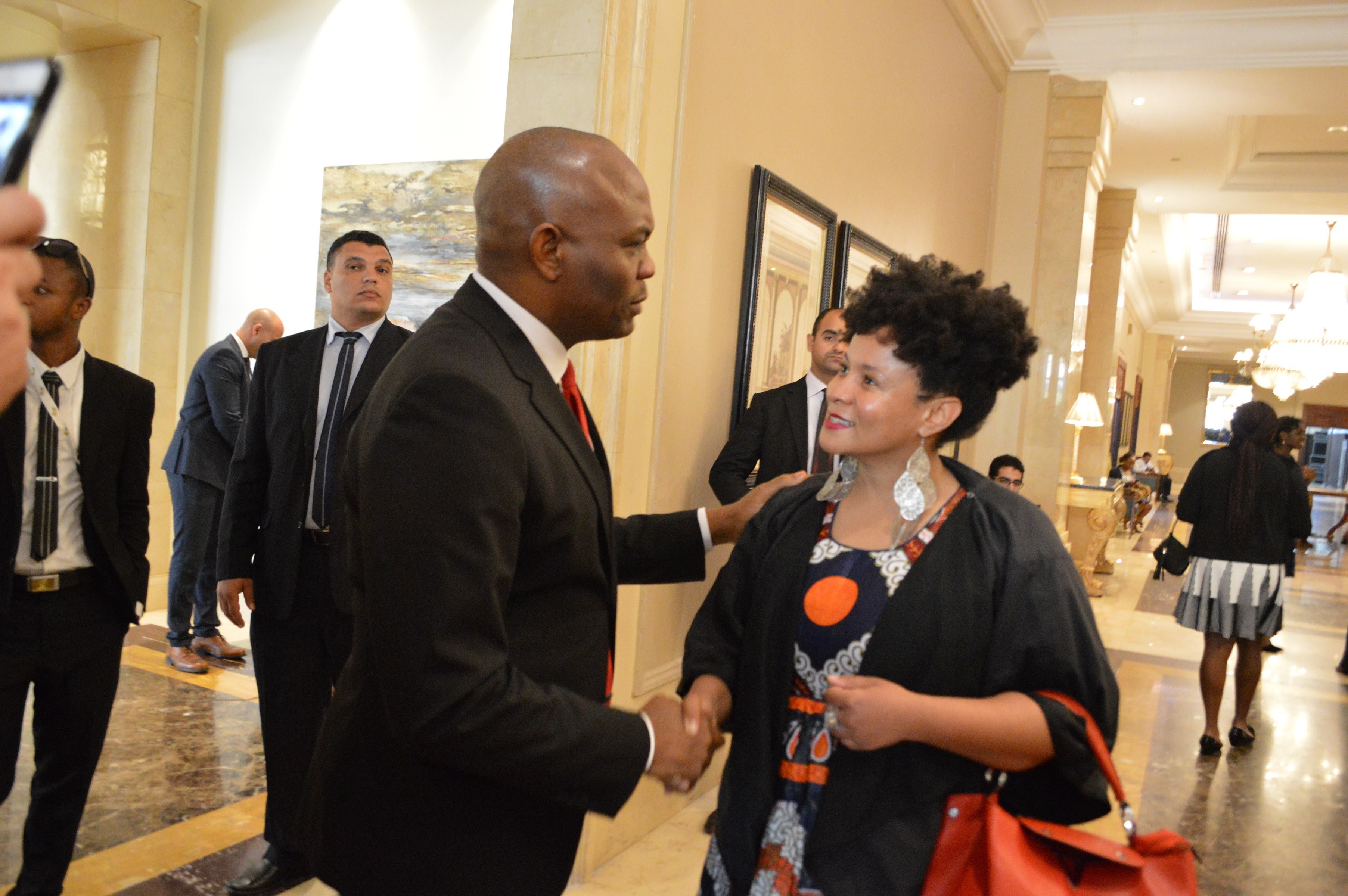Africapitalism’ is the key to creating more economic opportunities in Africa, Tony O. Elumelu writes.
Images of refugees attempting to reach Europe through any and all possible means have dominated global media for weeks. Yet recent action by EU leaders to address this crisis, although laudable, in no way addresses the underlying challenges fueling the waves of migrants heading for European shores.
Most of the migrants are refugees from war-torn Syria in the Middle East, but thousands of others are actually from my continent—Africans seeking better economic opportunities. The images of whole families carrying little more than the clothes on their backs trekking through an unforgiving desert and sailing across a perilous sea to reach Europe is juxtaposed against the preeminent narrative of the last decade of “Africa rising.”
What these competing stories about Africa reveal is a continent that is indeed experiencing a surge in economic growth, but growth that is not inclusive and is not creating nearly enough suitable employment opportunities for an exploding population of young people. For example, economists estimate that Africa will create 54 million new jobs by 2020, but 122 million Africans will enter the labor force during that time, leaving tens of millions unemployed, underemployed, and looking far and wide for opportunity.
The only lasting solution to reduce the economic motivation of these migrants is to focus on creating opportunities for Africans at home by empowering local entrepreneurs and businesses to thrive and spread prosperity. I call this “Africapitalism.”
Read this article here.
This article was initially published in TIME Magazine on September 15, 2015.

